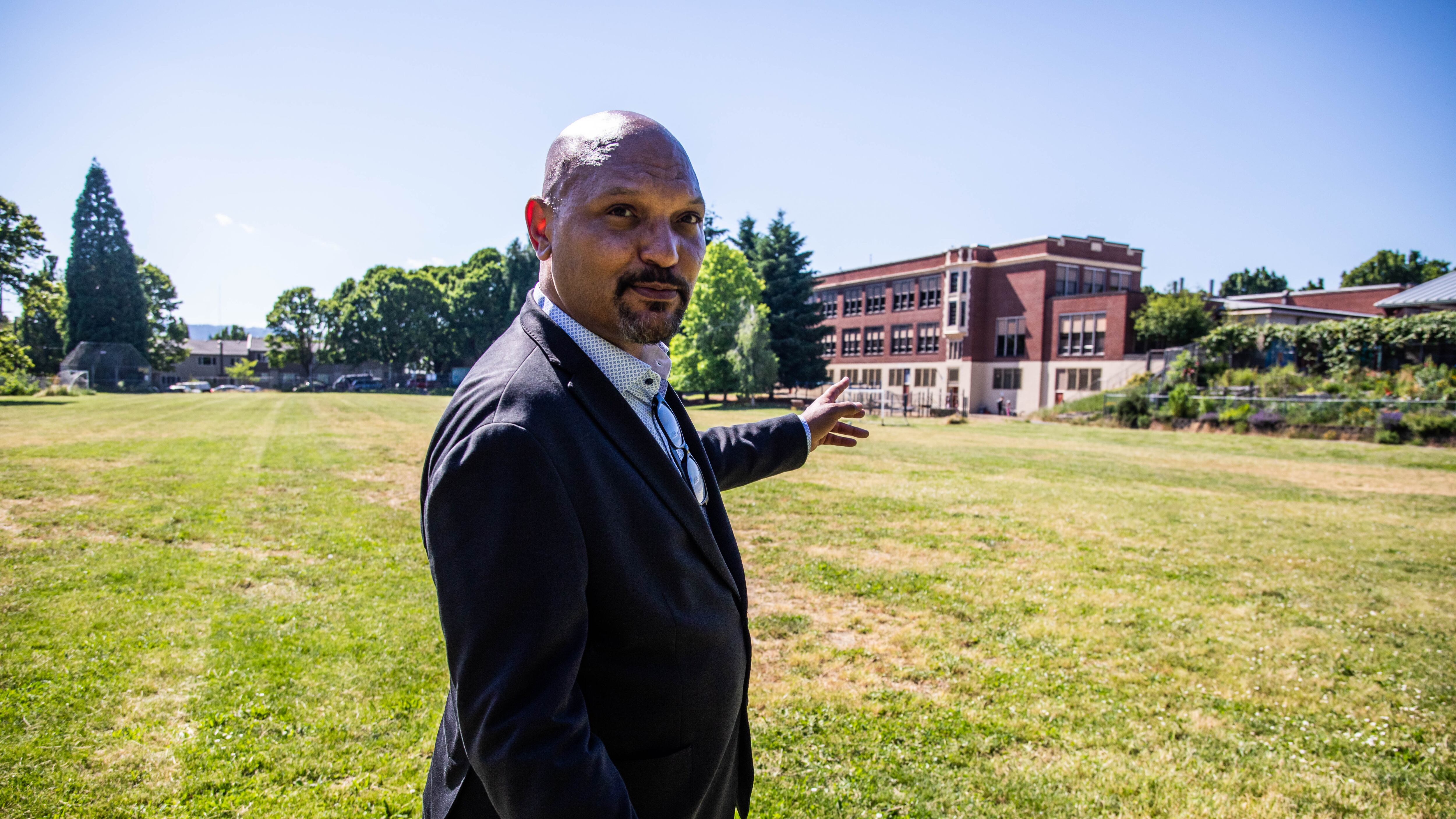City Commissioner Mingus Mapps will not press his colleagues to put an alternative charter reform measure on the May 2023 ballot if Portland voters approve the current charter reform Measure 26-228 tonight.
“The Ulysses PAC will not be putting forth anything on the spring ballot if [the measure] passes tonight,” says co-director Jessica Elkan. “We will not go against the will of the voters.”
Ulysses is the political action committee Mapps originally set up to promote charter reform, before a 20-member commission pushed forward a proposal this spring that Mapps didn’t like to the November ballot.
In a gesture of his displeasure with the sweeping package of reforms that the Portland Charter Commission spent over a year crafting, Mapps in August released an alternative measure he pledged to put on the spring ballot if this measure failed at the ballot box. It was a political ploy: He intentionally threw a wrench into the campaign supporting charter reform, in the hope that it would offer voters an escape from an all-or-nothing approach to charter change.
The current charter measure on the ballot would scrap the commission form of government, hire a city administrator to oversee bureaus, and split the city into four geographic districts with three city commissioners elected per district using ranked-choice voting.
The alternative plan Mapps released in August proposed splitting the city up into seven voting regions with one city commissioner elected per district, scrapping the commission form of government and hiring a city administrator to oversee bureaus. Ranked-choice voting would be proposed in a separate ballot measure.
Advocates for and against the measure have run aggressive campaigns over the past six months, replete with out-of-state megadonors, retired politicos coming out of the woodwork to opine on the matter, live debates, and snarky Twitter volleys.
The campaign in support of the measure says it’s the type of radical change Portland government needs to become more functional, equitable and representative. The opposition has characterized the measure as a poorly thought-out experiment, financially irresponsible and a huge risk to the city’s functionality.

